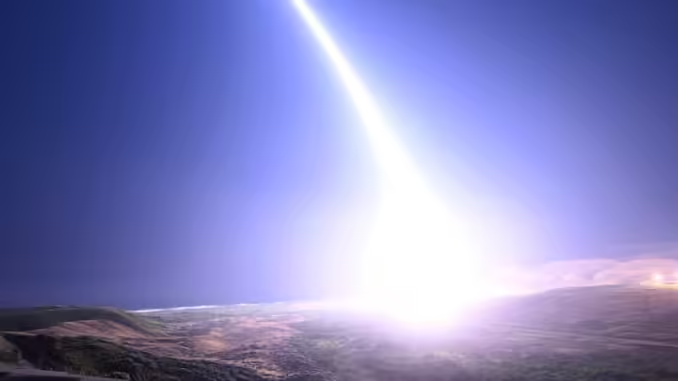
The United States maintains a significant strategic advantage through its extensive global network of allies and partners, even as nuclear competition intensifies, according to Vipin Narang, acting secretary of defense for space policy. Speaking at a discussion hosted by the Center for Strategic and International Studies, Narang emphasized the importance of strengthening alliances as a cornerstone of the U.S. competitive approach in the face of rising nuclear risks.
Narang described the current era as “a new nuclear age” characterized by an unprecedented mix of revisionist nuclear challengers who are rapidly expanding their arsenals and openly threatening to use nuclear weapons. These challengers include Russia, China, and North Korea.
Russia’s continued nuclear escalation in its invasion of Ukraine, its growing stockpile of lower-yield nuclear weapons, and the development of a new anti-satellite capability pose significant threats. Narang warned that this new anti-satellite weapon could endanger vital global assets in space.
In the Indo-Pacific, China is accelerating its nuclear expansion, with a 2021 study revealing hundreds of new intercontinental ballistic missile silos under construction. China’s nuclear arsenal is expected to exceed 1,000 operational warheads within the next decade, fueled by highly enriched uranium supplied by Russia. Additionally, the partnership between Russia and North Korea raises concerns about collaboration between two nuclear-armed adversaries.
The U.S. response to these challenges includes three pillars: maintaining a modern nuclear deterrent, developing the next generation of strategic thinkers, and reinforcing global alliances and partnerships. In the Indo-Pacific, the U.S. is engaging in tailored dialogues with key regional allies, focusing on nuclear integration and crisis consultation. NATO is also enhancing its nuclear capabilities and planning efforts to counter the Russian threat.
Narang expressed hope that these measures might incentivize adversaries to engage in strategic arms control discussions. However, he stressed that the U.S. is prepared to take necessary actions to deter aggression and assure its allies in this evolving nuclear landscape.–News Desk
